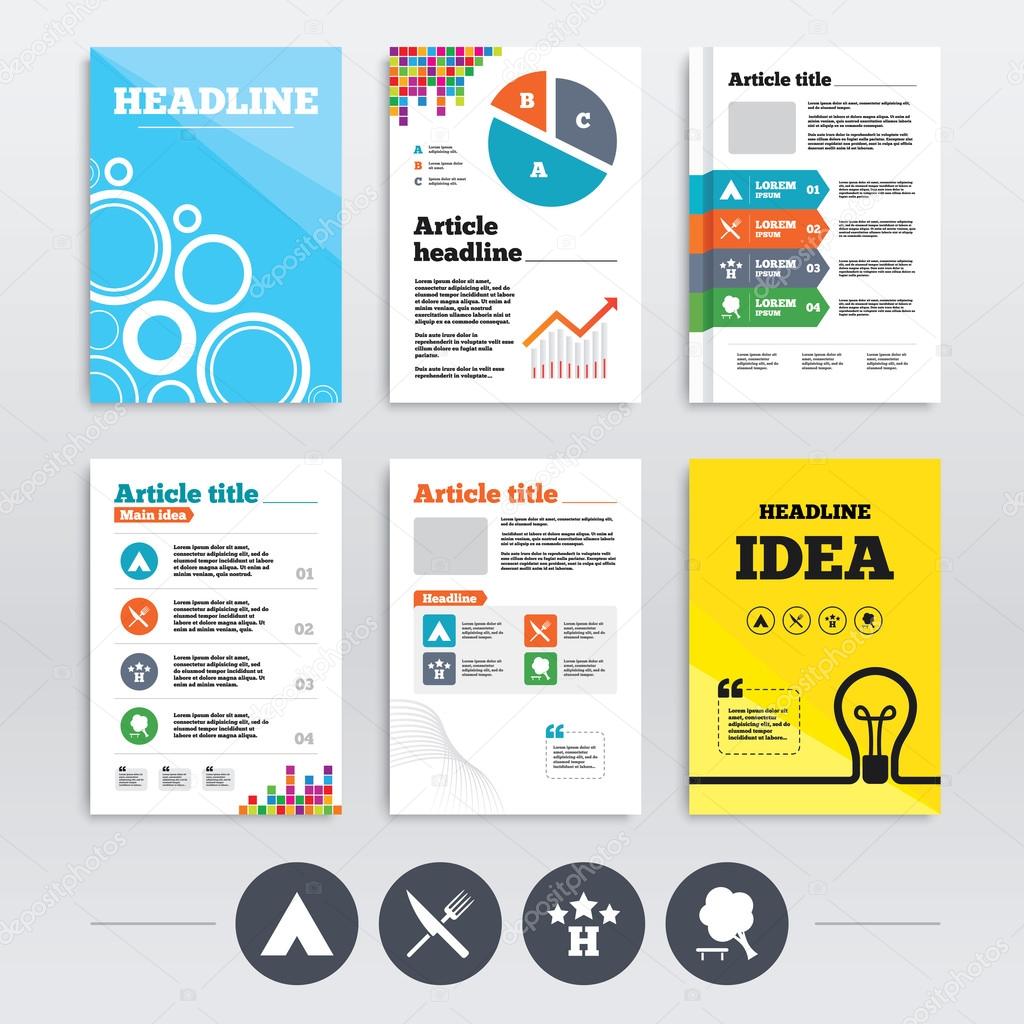Selecting the right framework material is essential for occasion tents. Whether it's layered steel for spending plan tents or anodized light weight aluminum for durable applications, there are many factors to consider to bear in mind.
Steel frames prevail in lower-priced pop-up tents yet are prone to corrosion despite coatings and call for regular upkeep. Light weight aluminum is lightweight, normally resists rust, and stands up well in humid or seaside environments.
Steel
When it pertains to ensuring the sturdiness of custom camping tents, the product used in their frameworks plays a vital role. Steel and aluminum alloys both use premium sturdiness, yet each offers special benefits that make it suitable for different kinds of settings. Steel is perfect for tough problems, while aluminum master resisting rust and decreasing maintenance costs.
When occasion hosts select the ideal outdoor tents for their demands, they require to consider elements like expected weather. As an example, frame tents typically execute better in gusty or rainy conditions than pole camping tents due to the fact that they do not rely on a central post to sustain the framework. However, the connections between framework items can damage in high tension circumstances. Recognizing these weak points and performing routine assessments can aid avoid potential damages.
Steel structures are hard to cut, weld or shape, which can need customized devices and increase labor expenses. Furthermore, they often tend to corrosion or corrode easily and may need added defense or coatings. Additionally, steel is very heavy and can trigger problems when delivering a cover. It's additionally difficult to store for long periods of time since it occupies extra room than light weight aluminum structures.
Light weight aluminum
Light weight aluminum is a popular frame material for canopy tents because it's lightweight, rust-resistant, and simple to carry and establish. It likewise supplies a much more steady sanctuary throughout gusty problems than steel frameworks. Light weight aluminum is much less susceptible to tearing and any type of damage can be quickly repaired, prolonging the life of the tent. It likewise breathes to reduce condensation and provides exceptional acoustic insulation to dampen outside noise.
The resilience of aluminum frame tents is further enhanced by the natural oxidation residential or commercial grocery bag properties of the metal. It creates a compact oxide layer that shields the surface area from deterioration and discolorations. Therefore, the durability of a light weight aluminum appear tent can be improved also better when the structure is plated.
Anodized light weight aluminum is more powerful than steel and can withstand high wind speeds. Additionally, the finishing stands up to deterioration and stains, extending the lifespan of the camping tent. Additionally, plated light weight aluminum is recyclable and sustainable, making it optimal for services looking for LEED qualification. The combination of these homes makes light weight aluminum an extra cost-effective option than steel for large, durable outdoors tents, such as those utilized to suit industrial tools and storehouse supply. Steel, on the other hand, is a lot more costly since it requires costly alloys such as nitrogen, molybdenum, and chromium to boost stamina.
Iron
Iron structure camping tents normally last up to 15 years if the appropriate care and upkeep is applied. This includes regularly cleansing fabric and checking metal elements for deterioration and wear. By taking these steps, occasion hosts can make the most of the integrity of their structures and ensure their continued efficiency in challenging atmospheres.
Steel is an ideal material for creating durable camping tents, particularly for usage in harsh climate condition. It is a solid, tough, and inexpensive material that provides stability and resilience for a wide variety of applications. However, steel is prone to rusting in humid and coastal environments. The addition of protective coatings and regular maintenance can aid to alleviate this danger, however these efforts boost overall maintenance costs.
In contrast, aluminum is a more sturdy selection for a personalized outdoor tents as a result of its all-natural oxidation residential properties. When plated, aluminum comes to be super-strong and up to 3 times more difficult than typical aluminum alloys. This makes plated aluminum the second-hardest material next to ruby (satellites, airplane, and armed forces lorries all utilize anodized light weight aluminum). In addition to its longevity, anodized light weight aluminum is also a lot more immune to rust than steel. These variables make aluminum a superb selection for pop up cover tents and contribute to their capacity to carry longer service warranties (5, 7, and even lifetime framework warranties). Additionally, aluminum is 1/3 the weight of steel permitting a much thinner frame layout for more personalization choices and raised strength.
